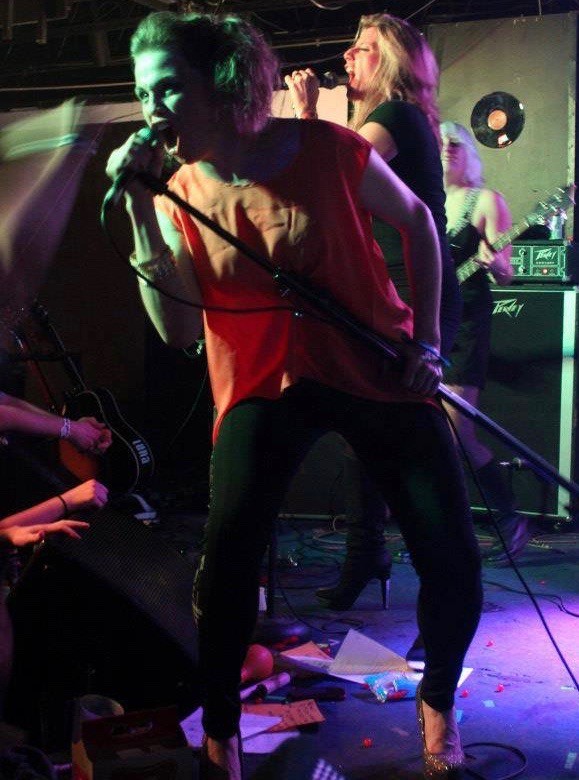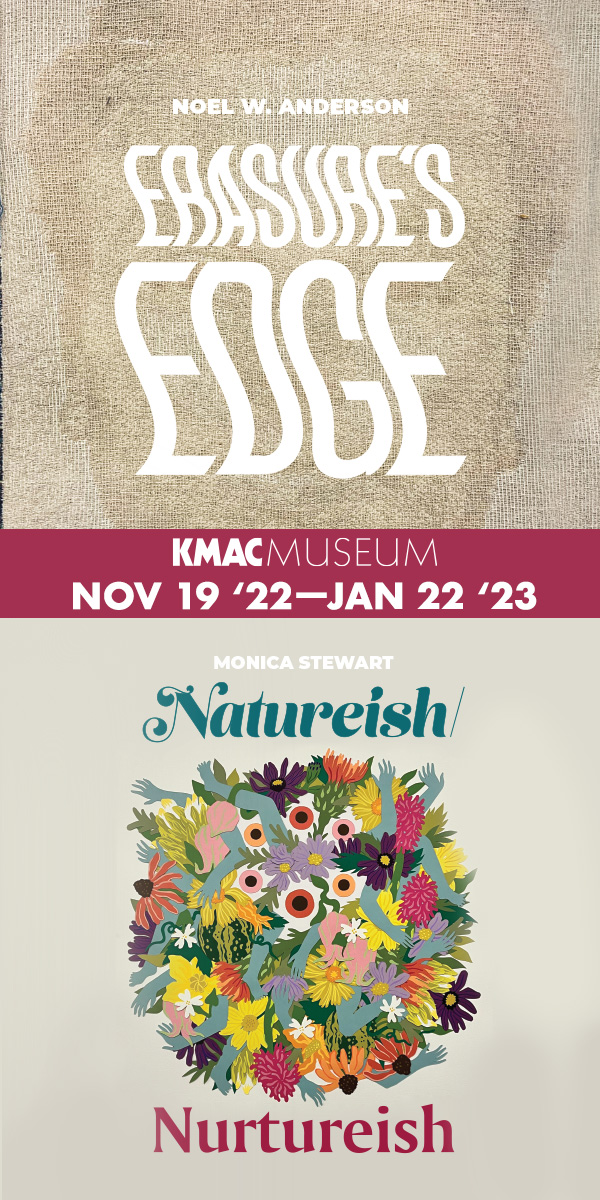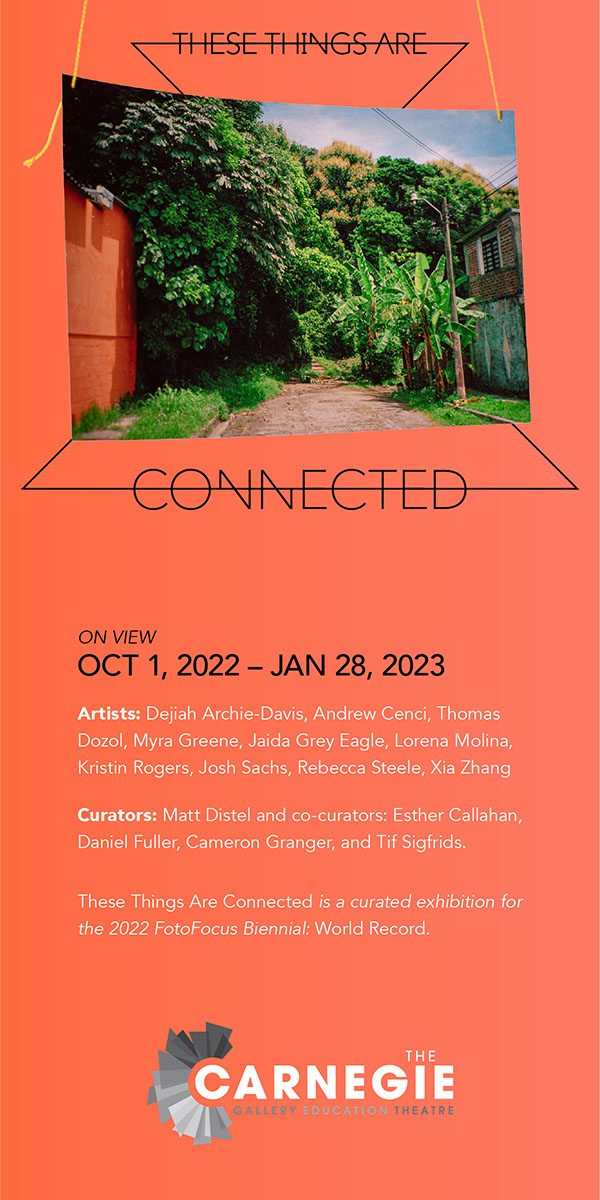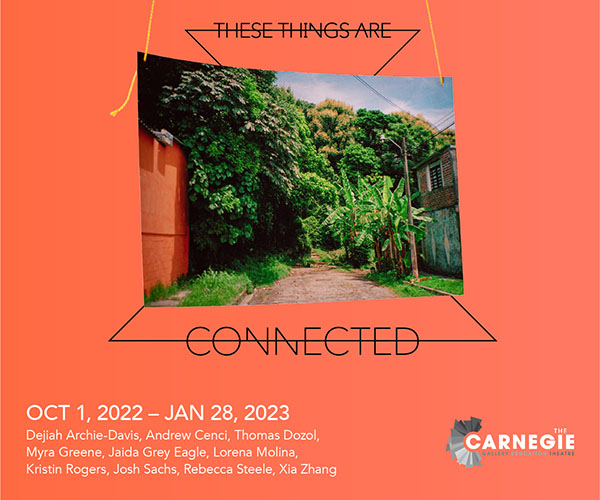“We are a town that likes to say we love our music and we love our musicians, and we support everybody,†says Robbie Morgan, founder of the newly-launched Lexington Musicians’ Emergency Fund. The “but†is implied in her statement, although the implication is clear. “We kind of leave this one entity (independent musicians) off to the side…if you’re a musician, you’re kind of on your own.â€
This shot across the bow of the Lexington cultural scene is more than talk, however, and Morgan now heads a small group of dedicated individuals ready to walk the walk, or, more precisely, flash the cash.
Enter the Lexington Musicians’ Emergency Fund (LMEF), a privately-funded organization designed to pick up the slack for working musicians in need of emergency assistance.
Morgan alludes to recent events involving musicians that struck a little too close to home, triggering a sense of urgency to begin building a safety net.
“That was too many people in town…that are close to suicide, or heroin addiction, or homelessness, or all of the above, and it was just like, ‘this is all just too close’.â€

J. Tom Hnatow, who has been a professional musician for the past decade, is an advisor to LMEF.
“When I lived in D.C., I was lucky enough to have a really helpful support network of people who could help me,†says Hnatow. “I’ve been helped out multiple times. And that culture doesn’t really exist in Lexington yet.â€
Morgan set about creating this culture through a fund to serve as a backstop for musicians in need. She began by borrowing ideas from organizations in music cities such as Nashville, Austin, New York and even Louisville.
The Grammy Foundation served as the best model for the Lexington version, which may provide assistance for rent, utilities, food, medical bills, co-pays, deductibles and even tax or legal assistance (although criminal charges and payments on back taxes are not eligible).
Musicians in need apply by contacting the LMEF at weheartmusicians@gmail.com. The application process begins with eligibility qualification, as eligible applicants must (a) have earned seventy-five percent or more of total income during the last five consecutive years from music, (b) have three published/credited works of music, and (c) reside in Fayette or surrounding counties. A volunteer will then reach out the applicant, and requests for funds are put to a small panel of rotating advisors, which reviews the application anonymously to eliminate bias. The panel then makes a recommendation of whether to provide the funds and in what percentage.
The process sounds fairly conservative, at least in terms of disbursement of funds, and that’s before the last stipulation of the funds kicks in: the first 50 percent of the funds approved will be distributed immediately directly to whatever account needs to be settled, etc., but release of the remaining 50 percent of funds may require some legwork and homework on the part of the musician to increase her or his professional profile.
“The caveat to get that last fifty percent is that we’re going to start moving you to do the thing that you need to do in order to get professionalized,†says Morgan, who is quick to stress that these are not major strings attached to the funds. “These are smaller, little steps that start to get you going.â€
“The point is not to give out handouts,†says Hnatow. “It’s really for someone who says, ‘I can’t pay rent.’ Once you take that person and you get them beyond that point, you then ask, ‘Okay, do you have insurance on your instruments?’ It’s aiding them to move beyond the spot where they are.â€
The idea is to increase the career prospects of the individual as a musician incrementally, hopefully leading to better opportunities and less reliance on community support like the LMEF in the future. This is the secondary goal of the LMEF, to turn out a class of professional musicians who can, in turn, begin to reinforce the local infrastructure.Â
“We might wind up having to tweak some of the parameters,†says Morgan. “It might be that we don’t have enough musicians who make seventy-five percent of their income [from music], and we might have to go to fifty percent.â€

The bar is set high initially to make sure the fund is not overburdened from the outset, but the question of long-term sustainability hangs in the air as well. LMEF is a privately-funded organization that relies on donations. It isn’t a standard tax-deductible non-profit, like a 501(c)(3) or similar organizations. If sustainability is a concern, it’s not one that shakes Morgan too heavily for the time being, although she is fully cognizant of what LMEF will need long-term.
“Obviously, with no revenue streams at this point other than donations, it’s going to be a little tricky,†Morgan says. “Eventually, once we start moving people into a proactive landscape, we’re going to use the Creative Capital model.â€
Under this model, musicians that move on to greater success would then pay a very small percentage of earnings back into the fund for a period of time. Both Morgan and Hnatow talk about the LMEF in terms of being the first piece of a larger puzzle, with an infrastructure slowly building to make the original function of the LMEF obsolete.
“The goal with something like this is to put yourself out of business,†says Hnatow. “The goal is to become more proactive than reactive.â€Â
In addition to the funds, applicants and volunteers with LMEF can join a private Facebook group that exists to provide a communications network for musicians in need of assistance or even just advice.
Morgan and Hnatow point to another hoped-for benefit of the LMEF, which is to start coaxing local musicians out of the fabric of Lexington anonymity.
“Part of it will be interesting to discover people who do live here who we may not necessarily have heard of, who are making a living in the arts,†says Hnatow.
“We’re going to discover that there are more musicians in this town than the ones we see at the Green Lantern, because we’re going to find out that there are country musicians, people who write films, people who score theater stuff,†says Morgan. “And you know the exciting thing is this might provide a way for us to see hip-hop artists, Christian musicians, whatever it is…that our community is really big and we’re overwhelmed with requests because we find all these people that we didn’t know existed.â€
“If Lexington is going to continue to grow culturally, then we’re going to need things like this,†says Hnatow. “It’ll never be Nashville, it’ll never be New York, it’ll never be one of those cities, but if you can provide people with something they can’t get somewhere else, that sort of ups its game a lot. If we can be supportive of people who are making a living as musicians, we can grow.â€
~0~
Please share this article on your social media channels and encourage discussion.Â




